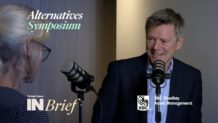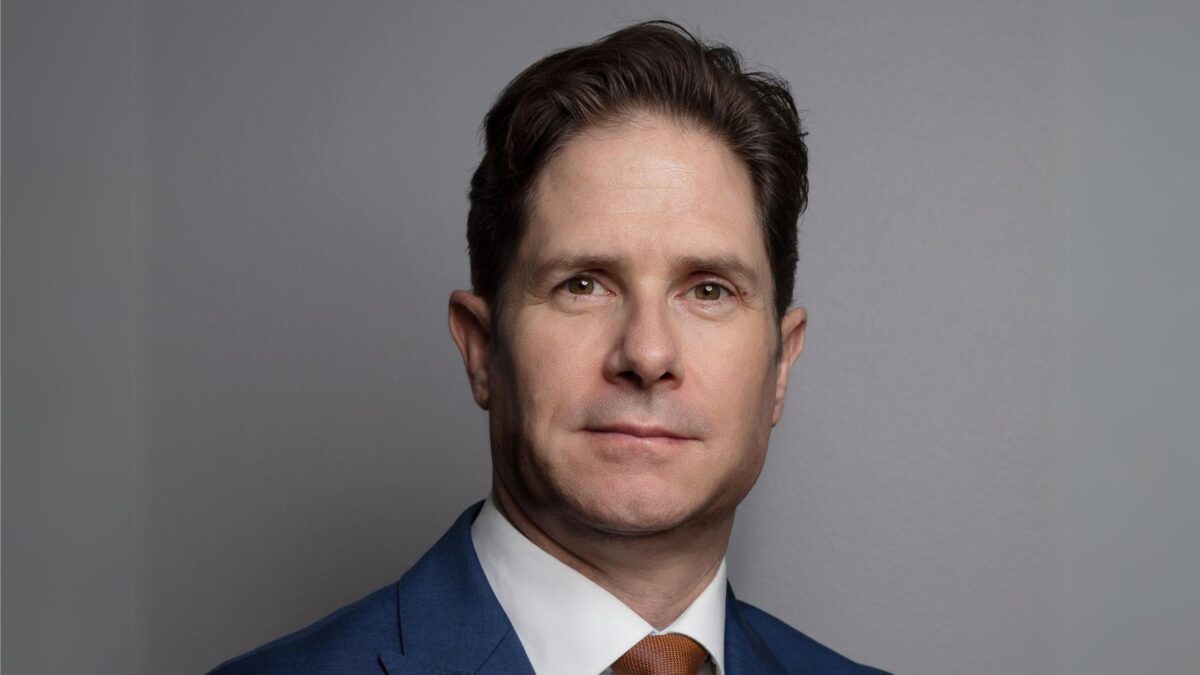‘Era of structural inflation’ will require change of approach
‘An era of structural inflation is upon us” explained Con Michalakis, head of investments at Statewide Super, speaking at The Inside Network’s Equities and Growth Assets Symposium, held recently in Adelaide for the first time. Challenged with setting the scene for the full-day discussion on equity and growth allocations, Michalakis drew upon his extensive experience in institutional markets to stress the importance of looking find “the right levers to pull” for portfolios.
With delegates overwhelmingly highlighting inflation and interest rates as their biggest concern for portfolio returns for the next two years, he suggested this risk was one and the same, and completely intertwined. He remains confident that there are “enough opportunities to exploit,” pointing specifically toward less-traditional asset classes including unlisted infrastructure, private equity, venture capital, property and hedge funds as potential sources of alpha.
It was a similar story from David Leon, founding partner of Stellan Capital, who compared the last ten years of investing to “riding a bike down a hill.” Having recently reached the zero lower-bound of interest rates, Leon suggested a “system reboot or forced recession” will likely result from the current confluence of events, and is also backing in the more alternative asset classes.
The traditional balanced portfolio, which began at a 50 / 50 split between defensive and growth asset has become more aggressive in recent years, moving to 40 / 60 or even 30 / 70 in some cases, but given the threat of “secular inflation,” Leon believes a change of course may be appropriate. The type of portfolio suited to this environment may well be a 30 / 40 / 30, in which 30 per cent is held in fixed income, 40 per cent in equities and the remaining 30 in alternative, non-traditional asset classes.
Water stands out as a non-traditional asset class, given its inflation-friendly nature, as does unlisted infrastructure which should be a “critical aspect” of self-funded retiree portfolios but remains significantly underweight. While predicting an inflation rise to wash-out excesses, he remains broadly positive on the outlook for growth assets in the long-term, but suggests more style and active management will be required. The result will be a period in which advisers must “earn our keep,”
Kevin Toohey, principal of Atchison Consultants, echoed Leon’s comments on the pursuit of consistent alpha in a more challenging environment. While equities have a “lower material forecast outlook” earlier this year, Toohey still expects positive after-inflation returns over the long term. The difficulty, however, comes from the fact that price-earnings ratios tend to correlate poorly with higher inflation and interest rate environments.
Toohey highlighted the very different types of companies involved in the current “tech crash,” noting that the likes of Microsoft and Google were monopolies and more likely defined as “quality” than simply “growth.” Responding to a question from delegates, he agreed that it will increasingly be a “relative-value game” where pricing differentials within markets and styles will need to be exploited through active management.
In closing, Michalakis highlighted the risk premium still on offer in asset classes like credit, infrastructure and industrial property, along with the massive investment required to decarbonise the globe. He also flagged the important role of innovation, suggesting the “innovation genie is not gone” amid a boom in new company startups.











